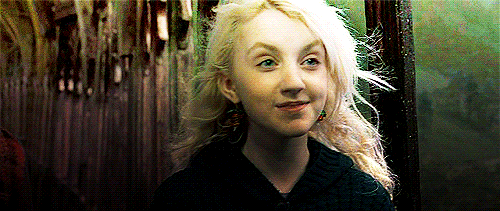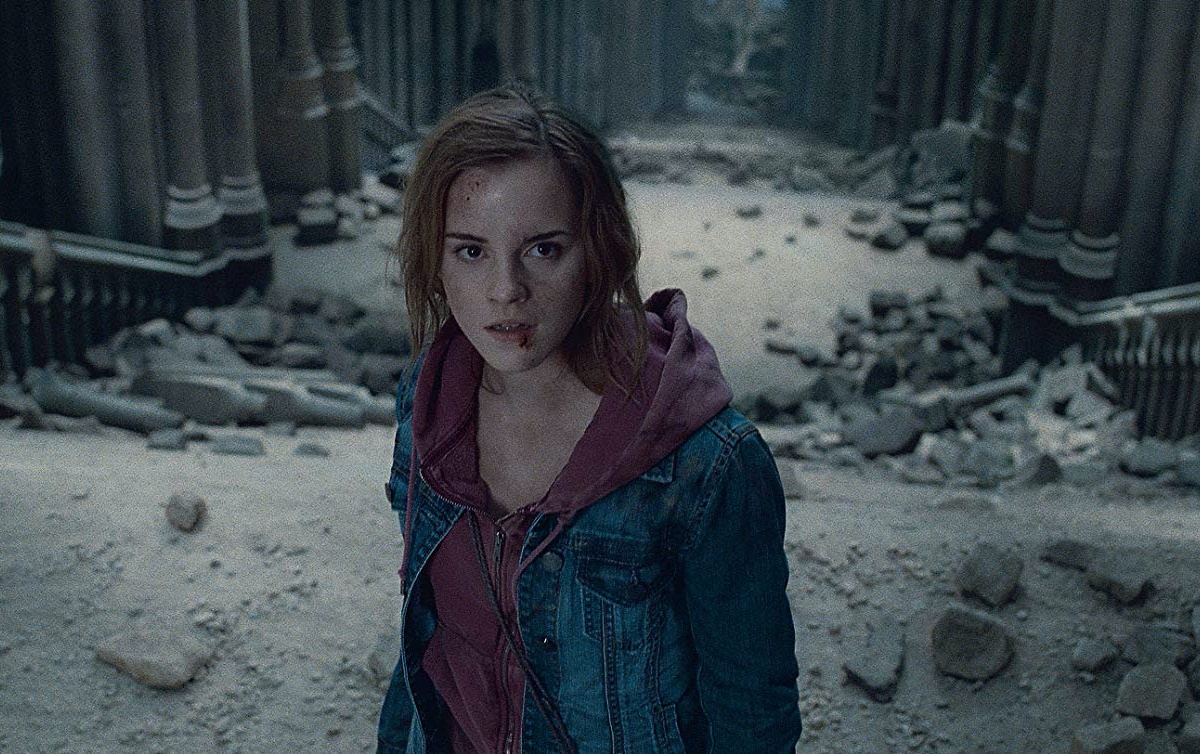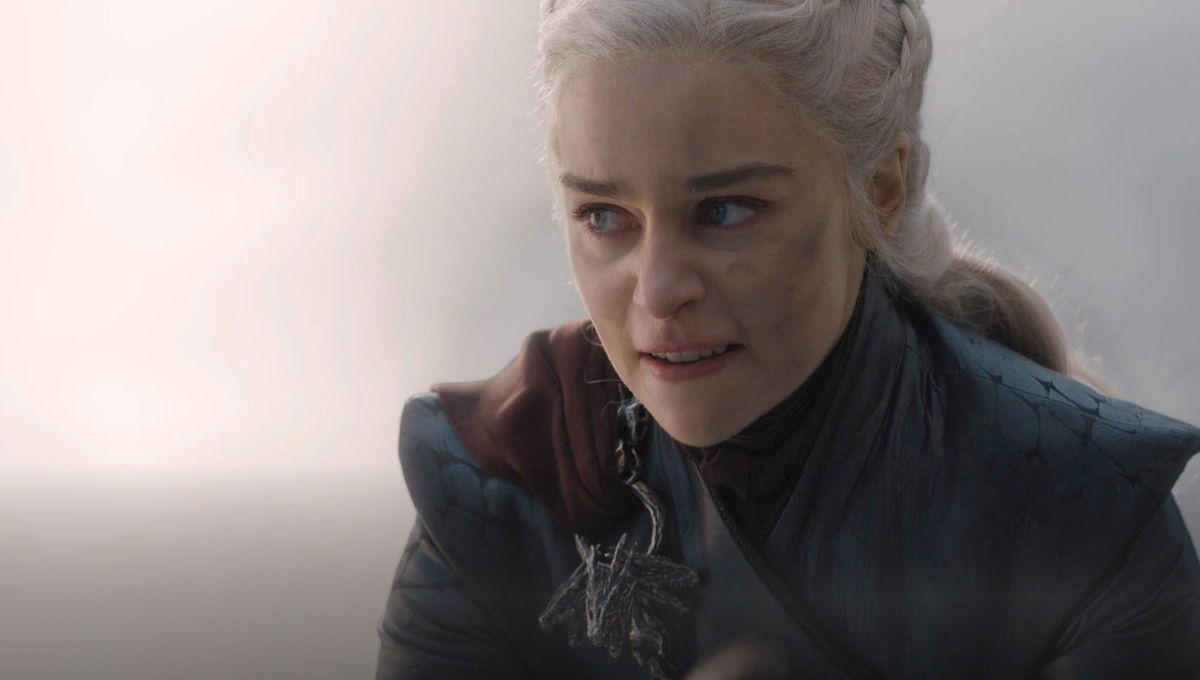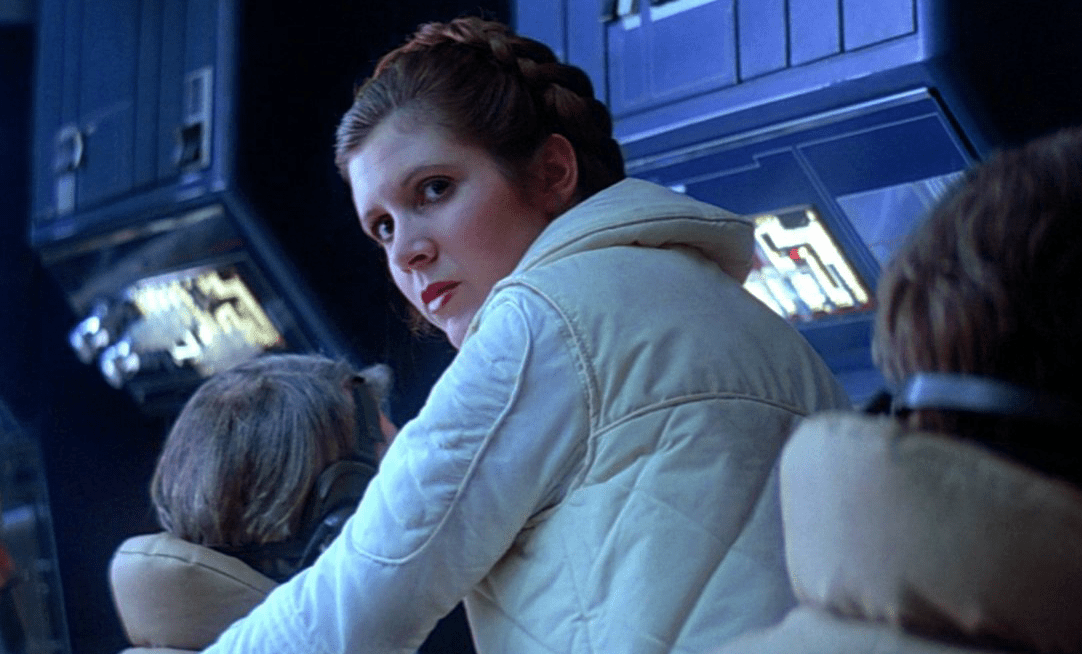Comparing people you admire in real life to fictional heroes is a common thing. Regardless of whether it’s the Greek gods of old, classical literary heroes, or modern-day fan favorites. The problem is that a lot of time, especially with women, we treat being “intelligent,” “ambitious,” and “powerful” as if they are actual personality traits, while often dismissing the actions of some of these characters. We turn them into heroes, rather than just allowing them to be characters.
Three characters I see this with the most in contemporary pop culture are Hermione Granger (Harry Potter), Daenerys Targaryen (Game of Thrones), and Princess Leia (Star Wars).
Watching the comparisons between Elizabeth Warren and Hermione Granger was something that started off as a cute element of Twitter culture and slowly became an annoying reminder of how people treat Hermione as if she a perfect symbol of feminist leadership when you never see her be a leader in the text. Despite my criticisms of Hermione, the older I get, I do, genuinely, have a lot of nostalgia love for her. As big-haired, weird teeth, intellectual, she is very relatable, and I related to her as a kid. However, part of what makes characters relatable is that they are flawed, and Hermione is very flawed.
Hermione’s intelligence is often heralded as the thing that makes her “leader material” in fandom, but I think it’s important to remember that Hermione is not always a likable person. She doesn’t inspire leadership, she is not a good teacher or mentor, she really didn’t have friends until Ron and Harry adopted her, and she is often very closed-minded about things.
Her intellect is a skill for herself and for the people she views as worthy to be around her, not to be an altruistic person. She talks down to and over the very creatures she tries to help (House Elves), is shown to be antagonistic towards most “attractive” female characters, and while she does save Harry and Ron quite often, nothing in Hermione’s character before meeting them showed her having any motivation to be a hero. They awaken that within her, not vice versa.
And that’s okay.
Daenerys Targaryen’s character is something I’ve spoken a lot about on this site and why I think her ending is bullshit on the television show, but I also think it’s important to say that the retconning and erasing of her malevolence is also bullshit.
As I’ve said, Daenerys is an imperialist who gains power by taking over brown populations through her manifest destiny sense of entitlement. She destabilizes nations by trying to spread “freedom,” and her actions lead to almost wiping out the Dothraki. Most importantly, Dany is a character who, in the books and in the show, ignores the advice of the brown people around her to her own detriment. Her entire reign is built on their backs, and they get nothing out of it.
She is not a #girlboss; she is a flawed woman who is, on one hand, the victim of rape, someone who has a great capacity for love and friendship, yet is paranoid, power hungry, and has a god complex that is somewhat deserved. Simplifying her actions as noble because she wanted to “free slaves” is dismissive of the fact that she freed them so they would be loyal to her and then started ruling them. She didn’t free them and then leave so that they could come up with their own government. They were her brown test run of Queendom.
The problem is that the show didn’t care about those things until it was too late, and they had to bring in all these elements of her identity together at once. Dany is a complex character, but sadly, the writers of the series decided to just make her an extremely binary character. Still, that doesn’t mean we should just call her a “strong female character” and ignore the horrible things she did.
That’s not feminism.
Princess Leia is a fascinating character because she’s a terrorist, but because she is hyper-sexualized and put into the role of a romantic lead as soon as another male character sees her, there is a lot of softness that is instantly applied to her. She is called a princess, which makes us automatically think of her as being inherently in the right, and considering the Empire was still overtly Nazis at this point before Disney got them, we have no doubts she is fighting evil. Leia is a good freedom fighter, a good terrorist, and someone we can uncritically support—a good rebel.
Compare her to someone like Deep Space Nine’s Kira Nerys, who is also a terrorist. She was part of the Bajoran Resistance during the Occupation of her planet by the alien race known as the Cardassians. Throughout the series, Kira, while very much a lead, is someone dealing with a lot of PTSD, having spent a majority of her life either enslaved or on the run.
The series constantly brings up the fact that Kira killed people, some of them innocent, and how much the Occupation shaped who she is. She is often in conflict with Starfleet and is ultimately loyal to Bajor over everything. Kira has romances and friendships, but she is also allowed to be hard, difficult, frustrated, and have hard political conversations.
I love both Leia and Kira—this is not an either/or situation—but if we are to look at them, they are characters who serve similar functions in their stories, especially as strong rebel leaders, but Leia is a character people almost universally look to in a positive way, while Kira is someone that a lot of people view as a “bitch” until later rewatching.
Thinking about the Star Wars sequel series in retrospect, you could almost not have Leia in the films, and nothing would change. She’s a general, but Poe doesn’t listen to her. We never really see her train Rey, but they do show her young self flashback training with Luke. She never shares a single scene with her son.
Even in The Last Jedi, when they turn to her for an order, she jokingly goes, “What are you looking at me for?” Leia often feels like a symbolic statement of female strength with a narrative that fails to give her the full reins she needs to be the general we deserve, and I don’t know if it’s because they still see her as a princess even though she’s the best shot in the galaxy.
So much of the meat, dirt, and sweat of Leia’s character is left in novelizations. Leia built the New Republic, but you wouldn’t know that if you didn’t read the novels. Does Leia spend any time mourning the loss of her planet, her parents, or her people? Do we have any idea how Leia feels about being emotionally traumatized by her father? Not at all, unless you read one of the many books in the series that actually focus on Leia.
That’s a problem. Where are Leia’s scars, and why are they never the focus of her narrative? Or do we only like a rebel princess if her beauty remains untarnished? If so, then that says more about the way we consume Leia’s image (and, by extension, Carrie Fisher’s) than the character herself.
Some of my favorite female characters are the ones who are flawed: Xena was a warlord responsible for multiple deaths; Bo Dennis killed several people before getting her powers under control; Buffy Summers is not an academic but would give every part of herself to protect humanity; Sansa Stark was a naive girl who got tricked into hurting the ones she loved, etc.
If we only accept and canonize the best, most watered-down images of these characters, are we really supporting interesting, compelling female characters, or are we just replacing one image of mainstream cis feminity for another?
Also, #TeamLuna.

(Warner Bros.)
Want more stories like this? Become a subscriber and support the site!
—The Mary Sue has a strict comment policy that forbids, but is not limited to, personal insults toward anyone, hate speech, and trolling.—











